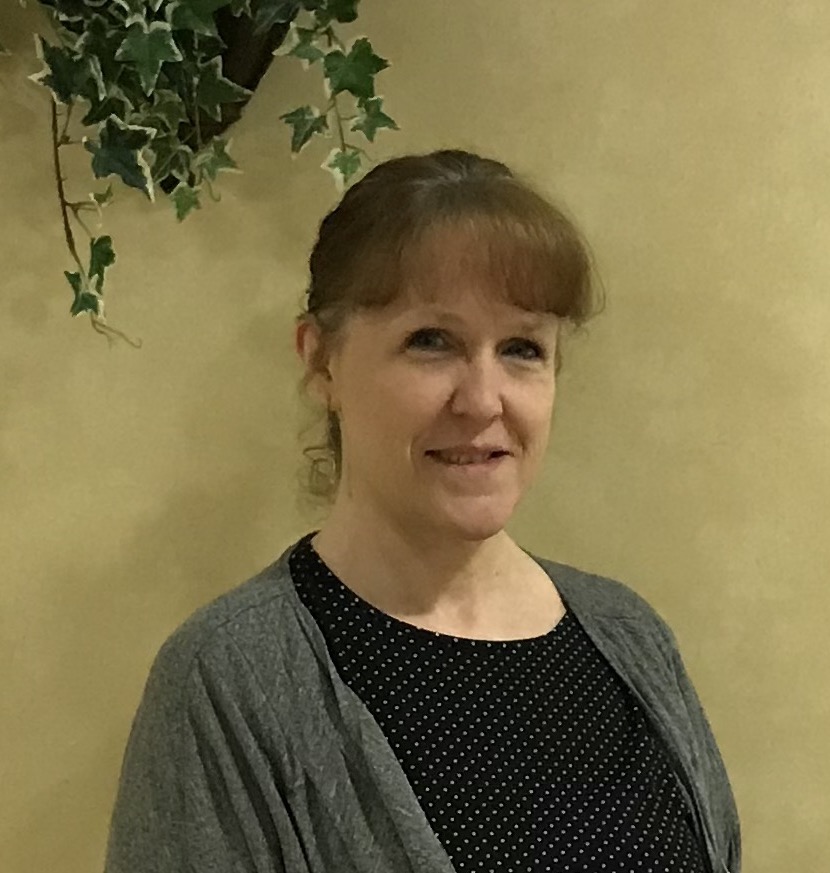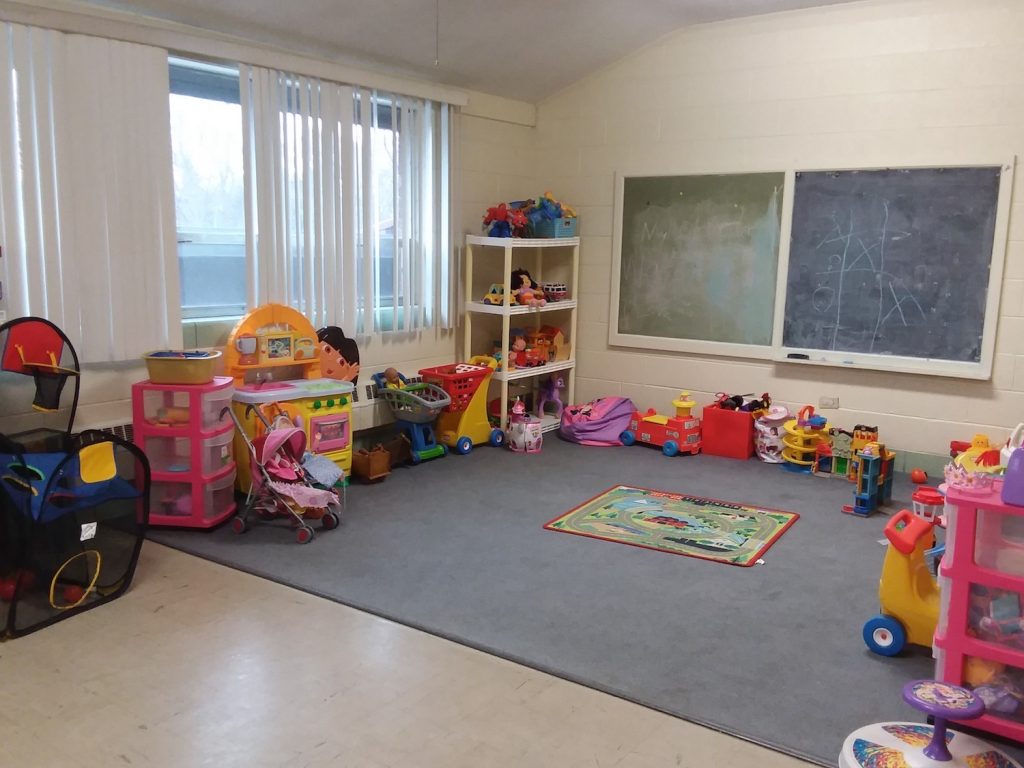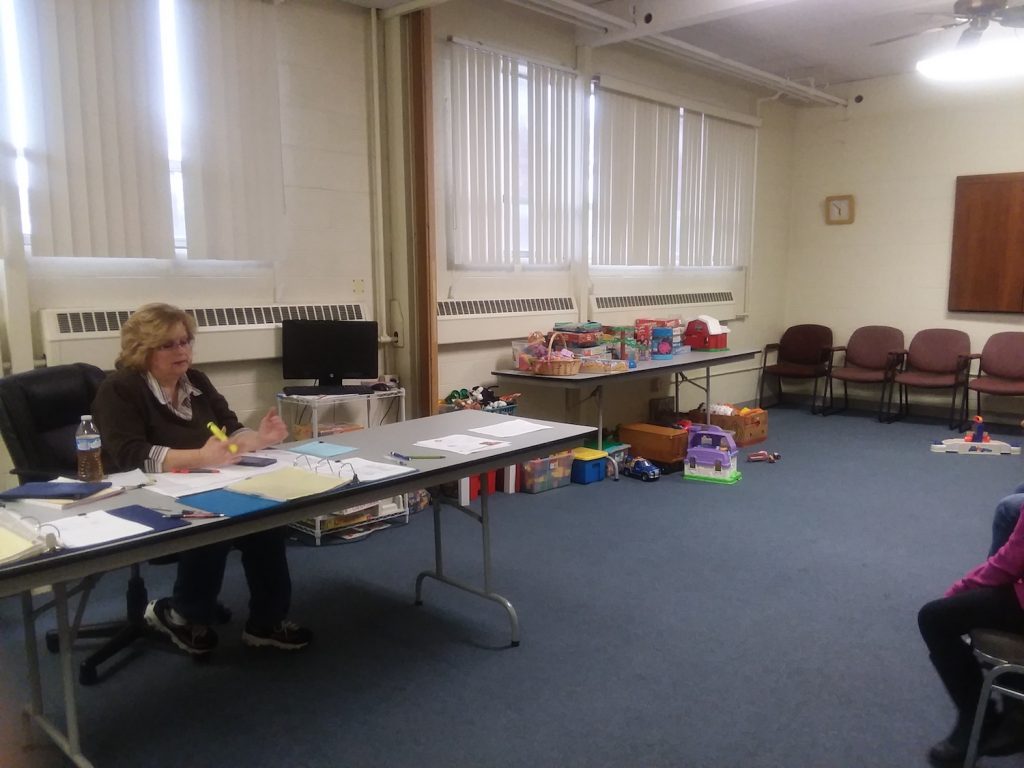“I’ve learned that regardless of your relationship with your parents, you’ll miss them when they’re gone from your life.”
― Maya Angelou
Divorce. Blended family. Single Parent. Grandparent parents. Foster parents. Kinship care. Broken home…
These terms, once rare and awkward to use in a sentence, now permeate our discussion of family and child raising. Underneath the vocabulary are many false assumptions. One of the biggest misconceptions is that all separated parents who want to visit their children are able to visit their children. “Most people would think that if the family court allows a parent to visit with a child under supervision the court would provide the supervising,” Says Erin O’Bryan, Executive Director of the Children’s Rights Collaborative.“That is not the case. We do.”
Providing a Framework for Healing
“First and foremost,” says O’Bryan, “these are people who want to see their children and

are seeking ways to visit them. The ‘court ordered’ means the court has ordered the supervision, not the visit. Many people think these parents have been ordered to sit in a room with their kid. Nothing can be farther from the truth. This is wanted time.”
A court can order supervised visitation for a variety of reasons. Besides the supervised visitation CRC also provides a way for families to do supervised exchanges, providing a safe and drama free exchange of children for visitation purposes. “It is so important that we focus on the safety and well-being of the children involved,” says O’Bryan. “Our goal is to give children the opportunity to connect and grow up with, at the very least, the knowledge of their parents. We are not out to fix families. We do hope that, given a nurturing environment, families can begin a process of healing.”
The framework provides isn’t just a table and chairs. “We don’t just put kids and parents in a room,” says O’Bryan lightly. “We create a space that is like any other play area. We have toys, activities, a gym and Wii games. Our visiting parents are encouraged to bring a meal or snacks to share with their kids. This is genuine visitation and family time, from playing in the gym to eating a meal. Our job is to provide the supervision that is necessary to facilitate the visit. Our volunteer supervisors do not interact with the families. Their job is to observe, be objective, and take notes for the parents to use in courts.”

The process is simple. The custodial parent arrives 15 minutes ahead of the visit, leaving the child with CRC volunteers. The visiting parent arrives at their scheduled time and the visit commences. At the end of the visit the process is reversed. “This provides an issue free buffer zone of time and space for the child to move from one parent to another. We require the parents to leave the premises prior to the hand off and we have a guard that ensures this happens. Regardless of the issues between the parents, the child deals with one parent at a time in a neutral manor.”
A Very Real Need
According to a 2014 National Institute of Health study on children’s health and the effect of divorce (https://www.ncbi.nlm.nih.gov/pmc/articles/PMC4240051/), changing demographics and separation of parents can have long term effects on both the children and the parents. The loss of time alone with both parents impacts a child emotional security, social and phycological maturation, academic ability, and knowledge of and comfortability with religious and faith practices. The study also finds a loss of connection to extended family, including grandparents, aunts, uncles, and other relatives, all having

detrimental impact during a child’s formative years.
The study also finds that the long-term consequences of divorce and parental separation carries significant emotional and even physical health risks on the separated parent which produces a multitude of other problems in the family. With supervised visitation, a connection is either made or maintained with both parents. This roots children in their family (immediate and extended) and helps connect the parents back to the community who supports the child. Those connections may not be a solution to all family problems, but they create an environment in which solutions can be found.
“Providing families a way to connect is foundational to child development and, frankly, adult development as well,” remarks O’Bryan. “It is always surprising to see the wide range of parents seeking our services and wanting to participate in supervised visitation. One of the great misconceptions of our program is that it is mostly men who use our supervised visitation process. Our participants are almost equally split between fathers and mothers. We have no typical client. Our participating parents represents a broad patchwork of gender, ethnicity, and economic background.”
Helping Families Help Themselves
“Our services are not free to the parent,” remarks O’Bryan. “There is a cost to provide the facility, train the volunteers, produce the court notes, and pay for staff to help with the program. Our participating parents share that cost. They are invested in both time and money.”
Beyond the usual financial needs of any organization, including operating monies and supplies, CRC is always looking for volunteers to help supervise the visit. “Our volunteers are the best. They deeply understand the need for these services and are willing to commit the hours to help make the family visits happen.”
Volunteer supervisors are trained to be objective, take the necessary notes, and be observant and impartial. They commit to at least one shift a month that lasts typically 1-3 hours. “Our volunteers are not interacting with the families in any way. Nor will they get called to court to testify. They are observers and that is the single most important thing we do. Without them observing in the room there can be no visitation. And without visitation, there can be no healing.”
Above all, visitation isn’t just needed but it is wanted. “We have a waiting list, due to financial and volunteer resources. That can be heartbreaking. Supervised visits can be awkward for families at first but that quickly passes. These are civil, friendly, even loving hours. The situation isn’t ‘normal,’ of course, but we make it as normal as possible. Kids will adapt to the visitation quickly. This is quality family time. It may or may not lead to a lifetime relationship. However, without this basic service even the possibility of a relationship doesn’t exist.”
 For more information contact
For more information contact







